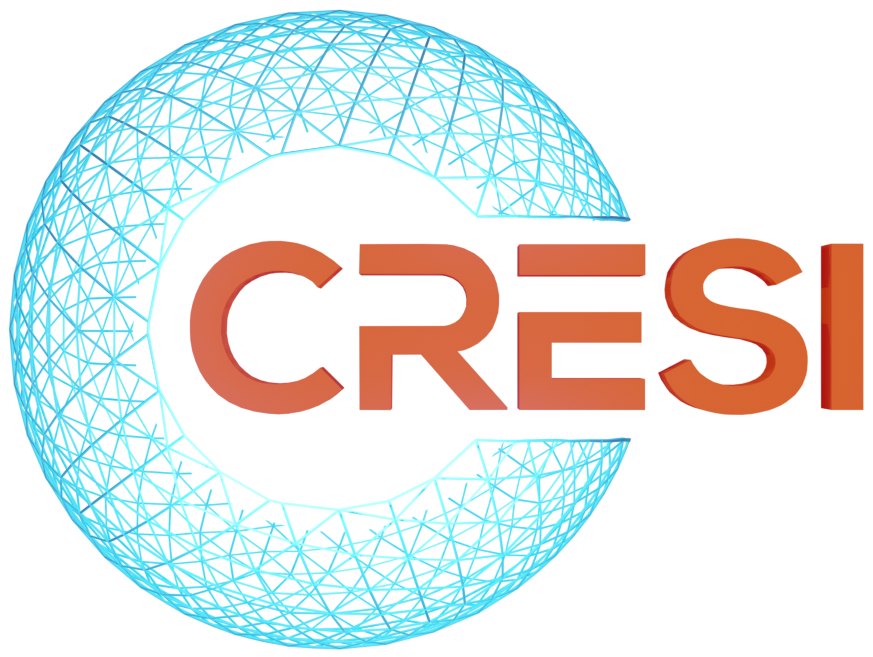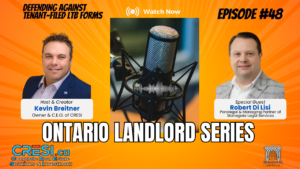Closing costs are an important aspect to consider when purchasing a property, as they can significantly impact the total cost of buying a home. Closing costs are the fees and expenses associated with finalizing a real estate transaction, and they are paid by both the buyer and the seller. These costs cover various services and tasks required to transfer ownership of the property from the seller to the buyer. It’s essential to understand what closing costs entail to be financially prepared for the homebuying process.
Here are some common types of closing costs that buyers may encounter:
Loan-Related Costs: These fees are associated with obtaining a mortgage and may include:
- Loan origination fee: A charge from the lender for processing the loan.
- Application fee: A fee for processing your mortgage application.
- Credit report fee: The cost of obtaining your credit report.
Appraisal Fee: The lender will require an appraisal to determine the property’s fair market value.
Inspection Costs: These fees cover various inspections, such as a home inspection, pest inspection, well, septic and others.
Title Search and Title Insurance: The title search ensures that the property’s title is clear, and title insurance protects against any potential issues with the title.
Attorney Fees: All Ontario Transactions require an attorney to be Involved and execute the closing.
Property Taxes: Buyers often need to prepay property taxes at closing.
Recording Fees: Charges for recording the new deed and other documents with the Ontario government office.
Homeowners Insurance: Buyers typically need to prepay the first year’s premium at closing.
Survey Fee: The cost of surveying the property’s boundaries.
Courier Fee and Wire Transfer Fee: Charges for sending important documents and funds securely.
It’s important to note that closing costs can vary significantly depending on factors such as the property’s location, the purchase price, and the type of mortgage. Typically, closing costs are around 2% of the home’s purchase price.
In conclusion, understanding closing costs is crucial for any prospective homebuyer. Being aware of these expenses and budgeting for them will help you avoid any surprises and make the homebuying process smoother. The C.R.E.S.I. Team is here to help, our experienced and professional realtors can explain closing costs and guide you through the process. Plus we have a team of professionals to assist with anything and everything that will or possibly could arise when buying or selling a home.



